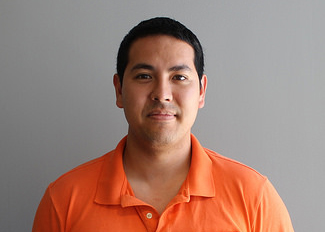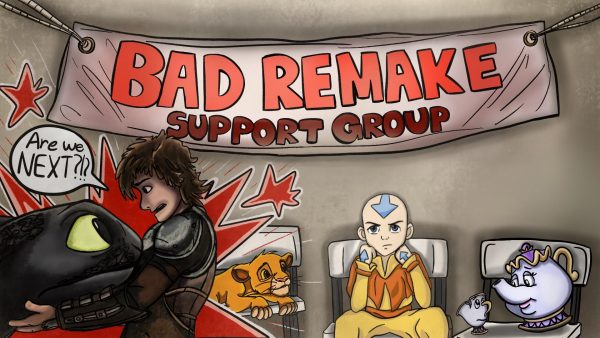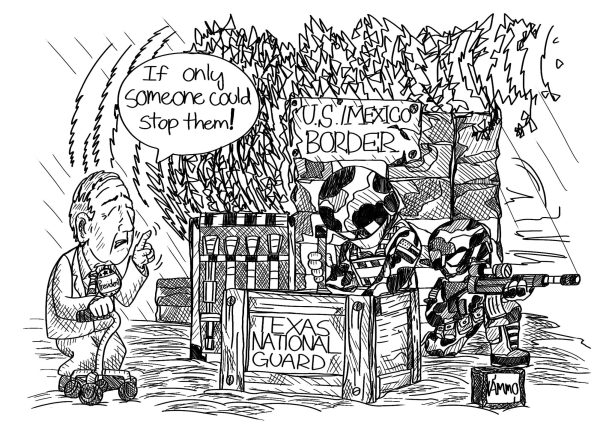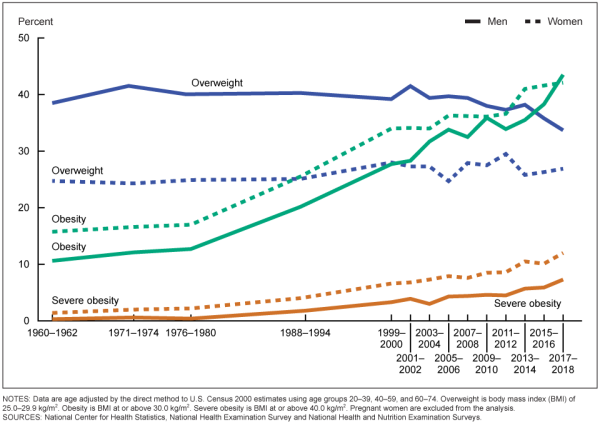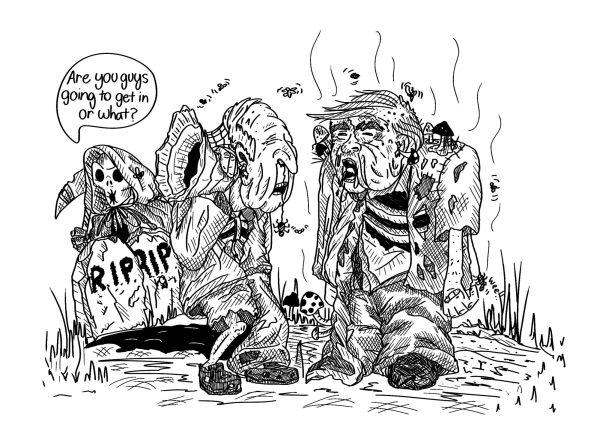How should I feel about seeing swastika tattoos?
September 22, 2017
Last Sunday I saw a man with swastikas tattooed prominently on each shoulder blade walking through Sunvalley mall with his friend, strolling along like everyone else.
It was bizarre and disturbing. Bizarre because although I knew neo-Nazis existed, I still could only comprehend of them as an idea, a reminder of the evils of our past, a ghost to scare kids into being good people.
Bizarre, because seeing someone like Dylann Roof in the news or reading about Islamic State terrorists plowing into crowds of people makes you ask, “how can any half-decent person do something so terrible?”
The thought is simply incomprehensible, until you actually see the physical manifestation of the kind of hate that motivates people to kill walking only a few dozen feet in front of you.
Then it becomes disturbing.
I waited for them to harass someone, sadly confident it was only a matter of time before they would prove my worst fears correct.
But they just walked, minding their own business like everyone else. Thirty seconds later they turned down a staircase and were gone.
With the London Underground bombing still fresh in my mind I was on edge for the rest of the time I was in the mall, ready to grab my mom and run at the first sound of screams, gunshots or explosions.
Even then my mind had to bring reason to a seemingly unreasonable situation. There was no way those two guys were there to just walk around and enjoy their afternoon. They must have been planning something or perhaps scoping out potential targets in the area.
Later that evening as I digested what I had seen earlier I couldn’t help but feel ashamed.
In 30 seconds I had judged two fellow human beings solely on their appearance and not the content of their character.
Stereotypes allow us to make generalizations and can help inform our worlds. For example, if I’m driving in a rough part of East Oakland late at night, I’m going to keep my doors locked and I’m not going to stop if someone tries to flag me down.
Yes, I am stereotyping the people who live in the ghetto in Oakland and no, it is not fair, but it is a reasonable and safe thing to do. Only a fool or someone hellbent on making a social-political point would argue otherwise.
However we too often let generalizations become so much more than patterns being hashed together to help us make sense of the world.
Stereotypes at their worst allow us to tell ourselves people we dislike are sub-human and therefore should not be afforded equal rights.
Upon reflection I realized I could not claim to be an open-minded, loving and kind person when I reacted with such vitriol to seeing people who, although on the surface represented values I detested, I knew nothing about.
While I do not advocate being sympathetic to people who blindly hate others I also have learned it is far too easy to fall into that trap.
Sometimes irony is a great teacher.






































































